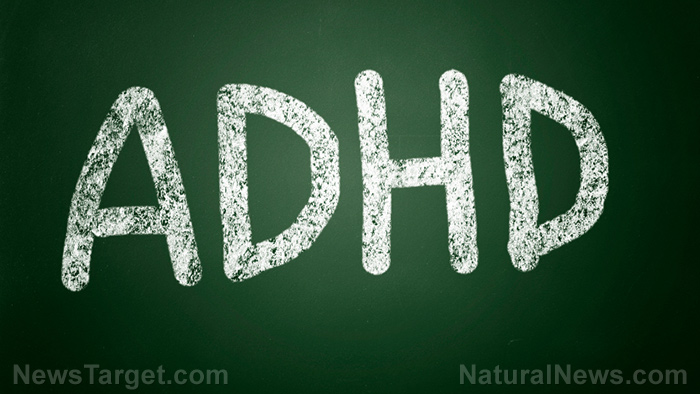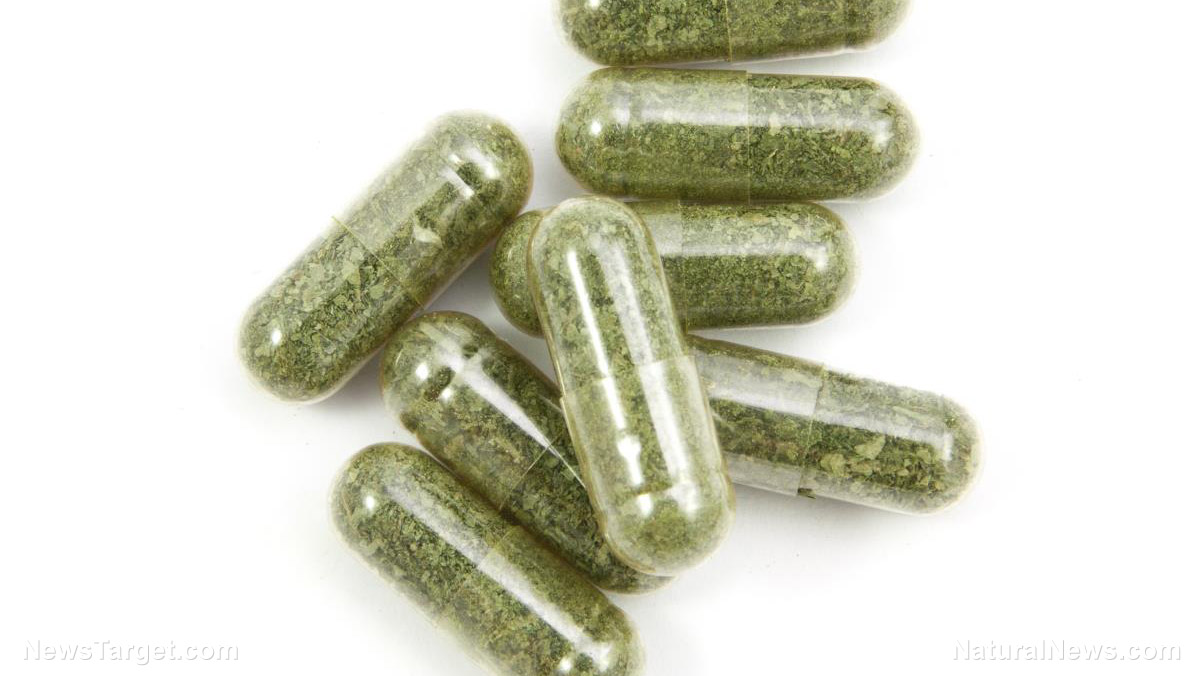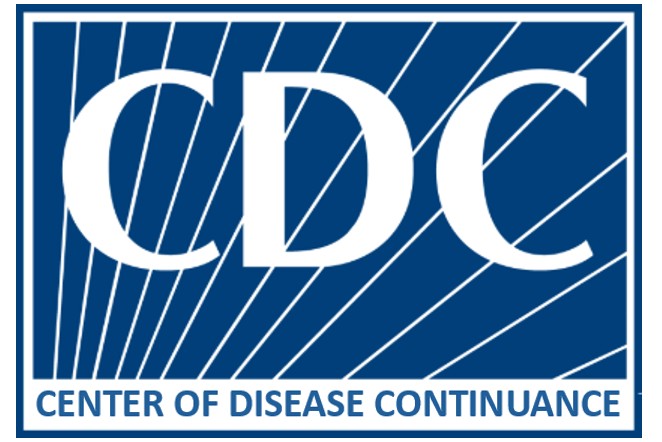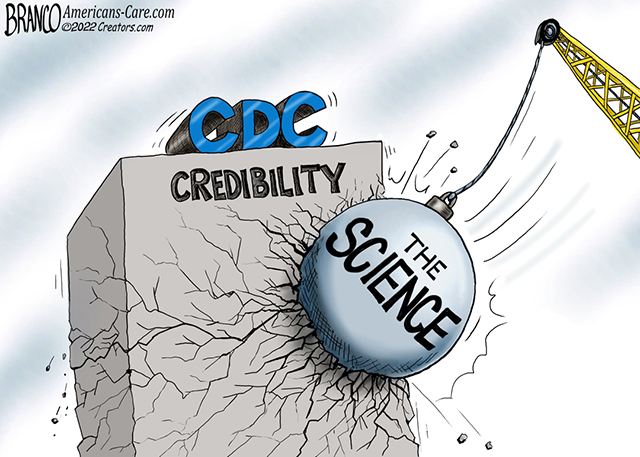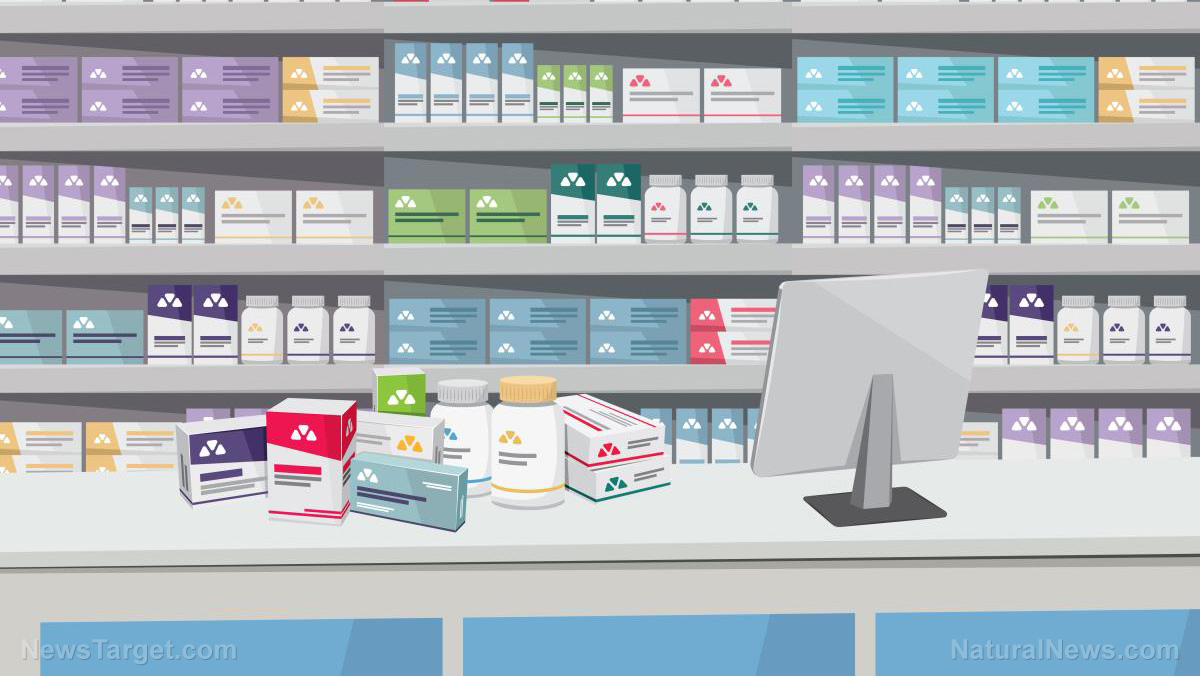NEW BLOOD PRESSURE “GUIDELINES” issued by Big Pharma target young people, pushing them to doctors to get prescribed deadly drugs
09/08/2025 / By S.D. Wells
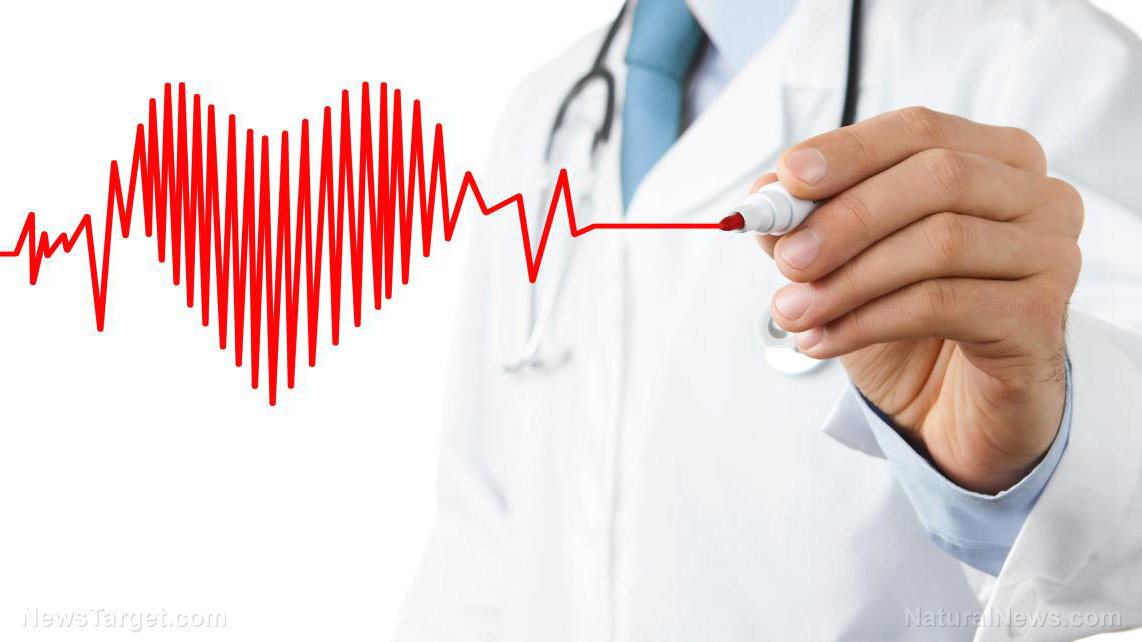
Just like with cholesterol numbers, Big Pharma has gone and altered blood pressure numbers so that nearly every American will think they need prescription drugs and blood thinners just to survive. Plus, with the Covid clot shots producing millions of spike proteins in the vascular system of all the sheeple, their heart is working overtime to push the blood through, so it’s likely all the jabbed vax cultists will see high numbers. Go figure.
A growing wave of heart issues among younger Americans has prompted experts to overhaul national blood pressure guidelines for the first time since 2017. Once considered a problem of aging, hypertension is now affecting an estimated 25% of young adults between ages 18 and 39 — and even children and teens are increasingly impacted. With half of U.S. adults living with high blood pressure, the condition is now a leading driver of heart disease, stroke, kidney disease, cognitive decline, and dementia.
- New Blood Pressure Guidelines Target Younger Adults: The American Heart Association updated its guidelines for the first time since 2017, urging earlier action as hypertension rates rise among 18- to 39-year-olds and even children, with about 25% of young adults now affected.
- PREVENT Risk Calculator Introduced: A new tool estimates 10- and 30-year cardiovascular risk using factors like age, sex, blood pressure, cholesterol, and even zip code as a social health indicator, aiming to personalize prevention and treatment strategies.
- Lifestyle & Diet Emphasized: Recommendations include potassium-based salt substitutes, sodium limits (ideally <1,500mg/day), the DASH diet, alcohol moderation, weight control, regular exercise, and stress management techniques like meditation and yoga.
- Urgent Need for Awareness & Treatment: Nearly half of U.S. adults have hypertension, yet many — especially young adults — are unaware and untreated, contributing to rising strokes and cardiac events under 45 and jeopardizing national goals to reduce hypertension prevalence.
Experts Issue Fresh Blood Pressure Advice as Heart Problems Surge in Under-40s
The American Heart Association’s new guidelines aim to encourage earlier detection, treatment, and prevention. They emphasize addressing what specialists describe as a “growing burden of morbidity and mortality attributable to high blood pressure.” A major innovation is PREVENT — a risk-calculation tool that estimates both 10- and 30-year cardiovascular risk in people aged 30 to 79. It factors in age, sex, blood pressure, cholesterol, and even zip code, using social determinants of health to refine individual risk scores.
Medication recommendations have also evolved. For some patients who are overweight or obese, GLP-1 medications — originally used for diabetes and weight management — are now endorsed for controlling hypertension. The updated measures also provide clearer guidance on managing blood pressure before, during, and after pregnancy, since hypertension during pregnancy can be life-threatening.
Lifestyle interventions remain a cornerstone of prevention. The new guidelines stress dietary changes, including the use of potassium-based salt substitutes instead of regular table salt, particularly in households where most sodium comes from food preparation. Adults are advised to limit sodium to less than 2,300 mg per day — ideally 1,500 mg — by checking food labels carefully. The DASH diet (Dietary Approaches to Stop Hypertension) remains the gold standard: a plant-forward, low-sodium eating pattern with vegetables, fruits, whole grains, legumes, nuts, seeds, lean proteins, and non-tropical oils. Alcohol intake should be limited to no more than two drinks per day for men and one for women, with zero being safest.
Additional preventive steps include regular physical activity — at least 75 to 150 minutes per week of cardio plus strength training — weight management, and stress-reduction techniques such as meditation, yoga, and controlled breathing.
New data from the CDC highlight the urgency. Between 2020 and 2023, 47.7% of U.S. adults had hypertension — essentially unchanged since prior surveys — but 40% of them didn’t know it. Just 21% of all adults had their blood pressure controlled to a healthy level, and younger adults were least likely to be aware or treated. Only 27% of those aged 18–39 knew they were hypertensive, and just 14% were receiving treatment, compared to 74% awareness and 69% treatment in people over 60.
This lack of awareness may help explain rising stroke and cardiac event rates in younger people. Strokes in Americans under 45 have risen nearly 15% since 2011, partly due to increased hypertension, but also obesity, drug use, and sedentary lifestyles. Hypertension — the “silent killer” — remains a leading factor in more than 685,000 U.S. deaths annually, underscoring the need for urgent, proactive intervention across all age groups.
Tune your internet dial to NaturalMedicine.news for more tips on how to use natural remedies for preventative medicine and for healing, instead of succumbing to Big Pharma products that cause, spread, and exacerbate disease and disorder.
Sources for this article include:
Submit a correction >>
Tagged Under:
bad advice, blood pressure, blood pressure guidelines, clot shots, covid shots, heart attack, heart issues, heart problems, new blood pressure
This article may contain statements that reflect the opinion of the author
RECENT NEWS & ARTICLES
PrescriptionDrugs.News is a fact-based public education website published by Prescription Drugs News Features, LLC.
All content copyright © 2018 by Prescription Drugs News Features, LLC.
Contact Us with Tips or Corrections
All trademarks, registered trademarks and servicemarks mentioned on this site are the property of their respective owners.




